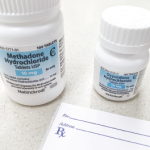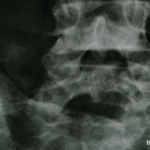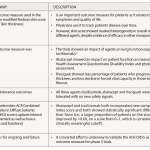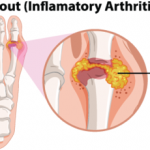The prevalence of chronic opioid use among patients with rheumatoid arthritis (RA) doubled between 2002 and 2015, especially among patients with severe pain or on antidepressants, according to a new study.1 The study adds to prior data reporting trends in chronic opioid use in RA patients.2,3 Severe pain was the strongest predictor for use of…










